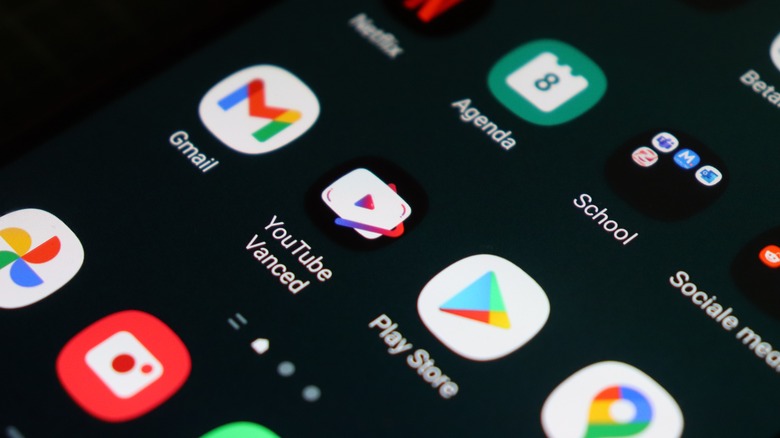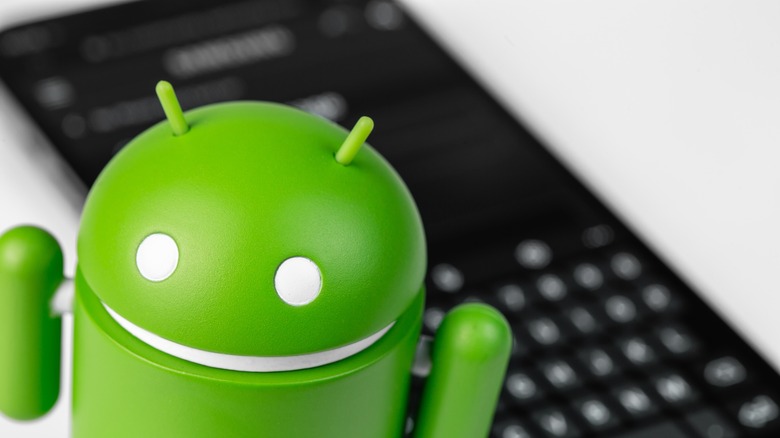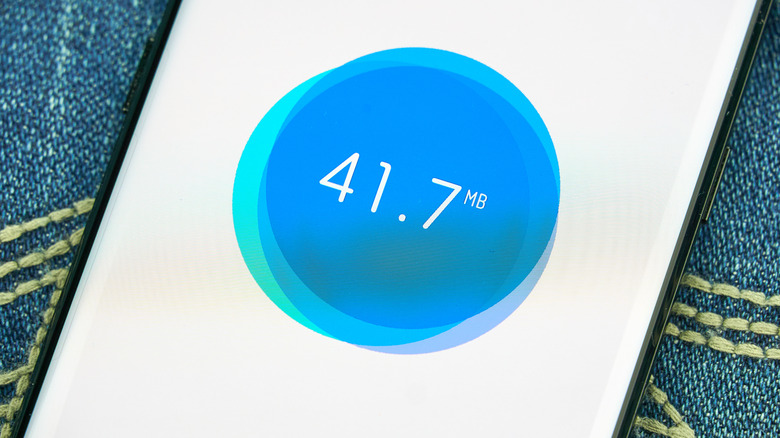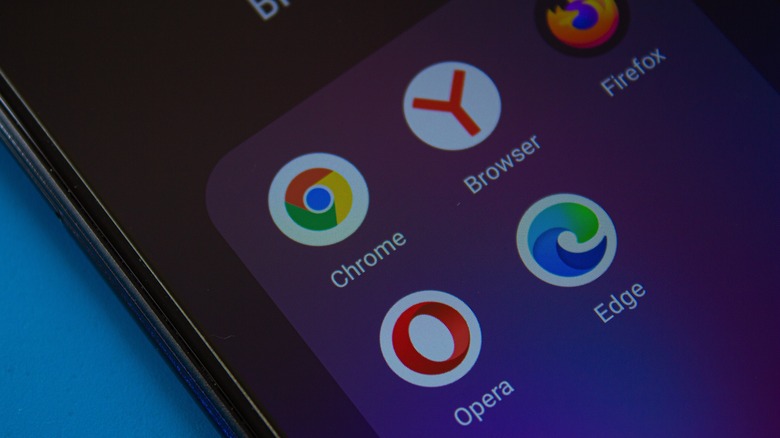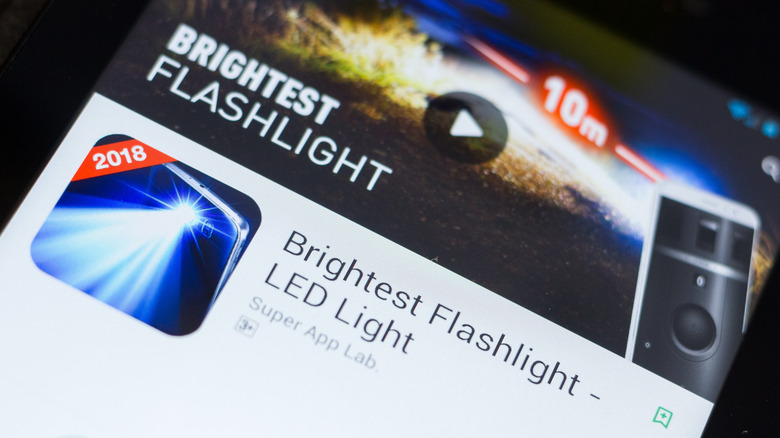5 Kinds Of Android Apps You Need To Stop Using Right Now
With the millions of apps available on the Google Play Store, it's easy to get carried away with downloading all sorts of software for your Android device. This is especially true if you're a new phone user who wants to explore everything that the Play Store has to offer. You probably want to try all the newest mobile games or get into the top productivity apps.
However, a word of caution: not every app you install on your phone is actually worth having. Sooner or later, you'll notice the consequence of having too many applications as you watch your device slowly freezing on you. That's why it's highly encouraged that you clean your phone every once in a while and uninstall all of the unnecessary apps that only eat your storage. Here are five of the apps you need to start removing if you want your phone to be as good as new.
Pre-installed bloatware
Every Android phone that you buy isn't as fresh as you think; it almost always comes preloaded with a bunch of extra software that isn't really essential for the device's operation. These apps are called bloatware and can come in many forms, from silly games to manufacturer-owned apps. As you might have guessed, they're referred to as bloatware because they gobble up — or bloat — your storage space.
Unfortunately, more often than not, we don't have a use for these bloatware apps as there are other alternatives we prefer. If that's the case for you, you're better off removing these apps from your phone. Here's how you can do so (via Google):
- Launch Google Play Store.
- Tap on your profile icon in the top right corner.
- Select "Manage apps & device."
- Go to the Manage tab.
- Scroll through the list of apps and mark the ones you want to uninstall.
- Tap the delete icon in the top right corner.
One thing you should note, though, is that not every pre-installed app can be deleted; some of them are required to keep your device running smoothly, so it's better to leave them be.
Performance boosters
Performance booster apps, which are also referred to as optimizers, are meant to clean your phone and speed it up by deleting unnecessary files and clearing your cache. While a handful of products are able to do the job really well, the same can't be said for every Android phone cleaner you'll come across in Google Play Store. Many of them do nothing but chew your RAM and take up your precious storage.
That's why it's often better to avoid performance booster apps altogether since you can easily clear your cache and remove unwanted files without their help. To clear your app cache, follow these steps (via Samsung):
- Launch your Settings app.
- Navigate to Apps (or Apps & notifications).
- Tap on the app of your choice.
- Select Storage (or Storage & cache).
- Tap on the Clear Cache button.
Keep in mind that the exact menu names and locations may vary slightly based on which device you own, as manufacturers offer their own custom skins on top of Android. Meanwhile, if you need to delete personal files from your storage, just go to your file manager; most of them already come with a cleaning function.
Redundant apps
As per Statista, Google Play Store had well over 2.6 million apps as of June 2022. With this many applications at your disposal, it wouldn't be surprising if you have two, or even three, of the same kind of apps. You probably have more than one browser, for example, and possibly multiple file explorers, calendars, and even audio players on your phone.
Yes, not every app is exactly the same, as some have distinct features that separate them from the crowd. You might have a note-taking app that's good for to-do lists and another note-taking app that allows you to export the note to a PDF. While both are the same at the core, they offer you varying functionalities. In cases like this, it makes sense to keep both apps on hand.
However, if you have too many redundant apps on your phone, they will eventually slow your device down. It's always a good idea to pick which of your similar apps you like best and uninstall the others.
Old utility apps
If you have been using Android since Android 1.0 came out in 2008, you probably remember installing flashlight apps just to use your device's back LED light. These were the days when there weren't many functionalities that came with Android OS, and you would have to rely on third-party apps just to make the most of your phone.
However, those days are gone. Android has evolved a lot since then, and unsurprisingly, it now has a slew of features that make your phone smarter than ever. The recently released Android 13 comes complete with themed app icons, better user privacy controls, and an intuitive photo picker, among many other things.
With these cool functionalities, you won't need your old utility apps anymore. Start uninstalling your QR scanners, document scanners, and flashlight apps as they're already built into your phone, and they only eat your memory and storage.
Antivirus apps
In today's interconnected world, we're all worried about malicious software invading our privacy and spreading our personal information across the web. That's why many of us are probably a fan of antivirus apps. Developed to protect you against malware and other kinds of unwanted viruses, these antivirus apps make us feel safer about using our phones.
But while they're great at what they do, Android users don't necessarily need them. For example, one of the typical ways you can get malware on your phone is by downloading a third-party APK file, but if you only get your apps from the Google Play Store, you probably won't have a need for antivirus apps.
According to Google, the Play Store comes with a protection feature that checks the apps on the platform before you install them. It can also scan your phone for potentially harmful applications, warn you about these apps, and deactivate or remove them for you.
